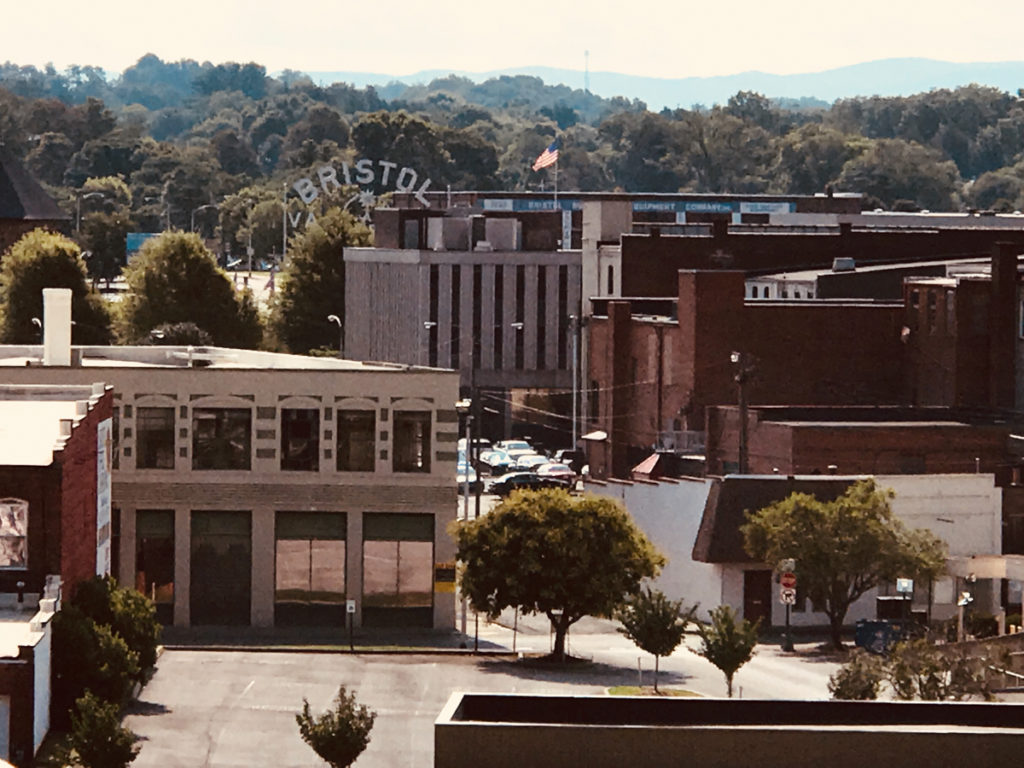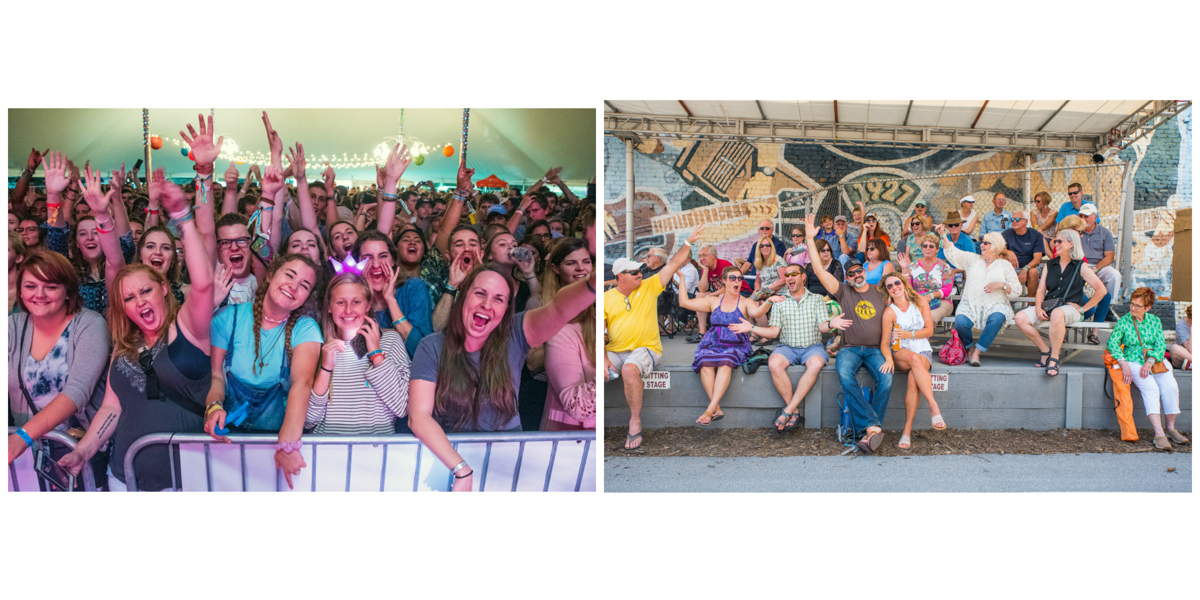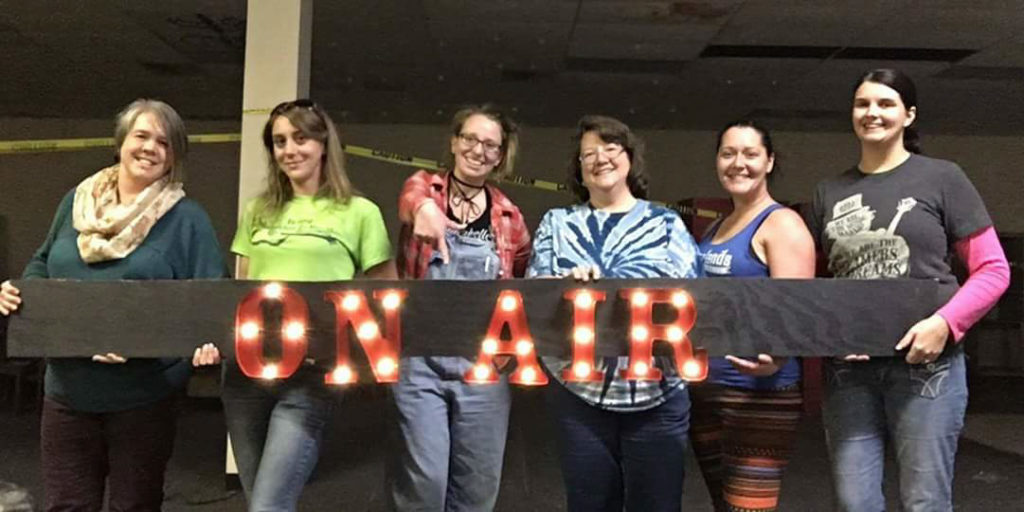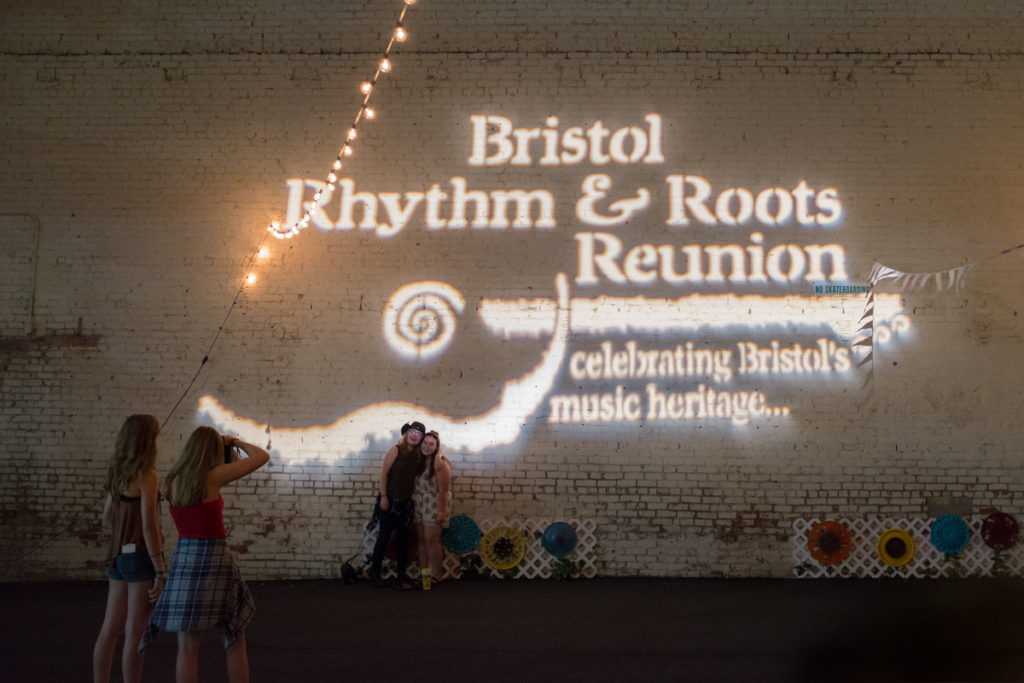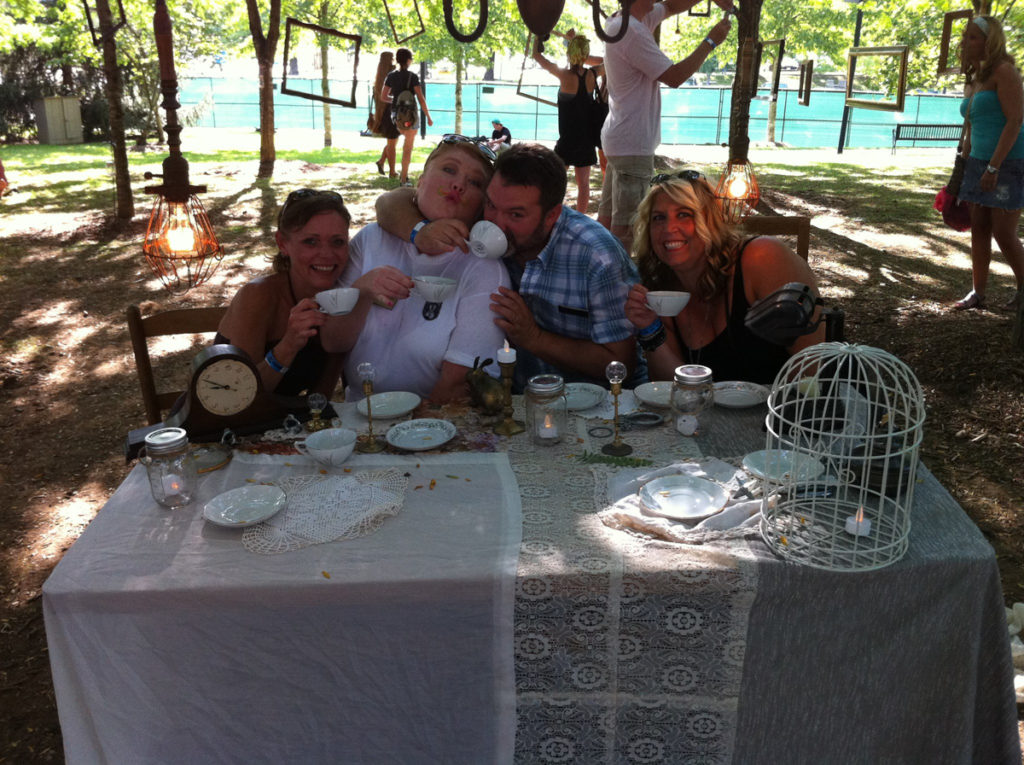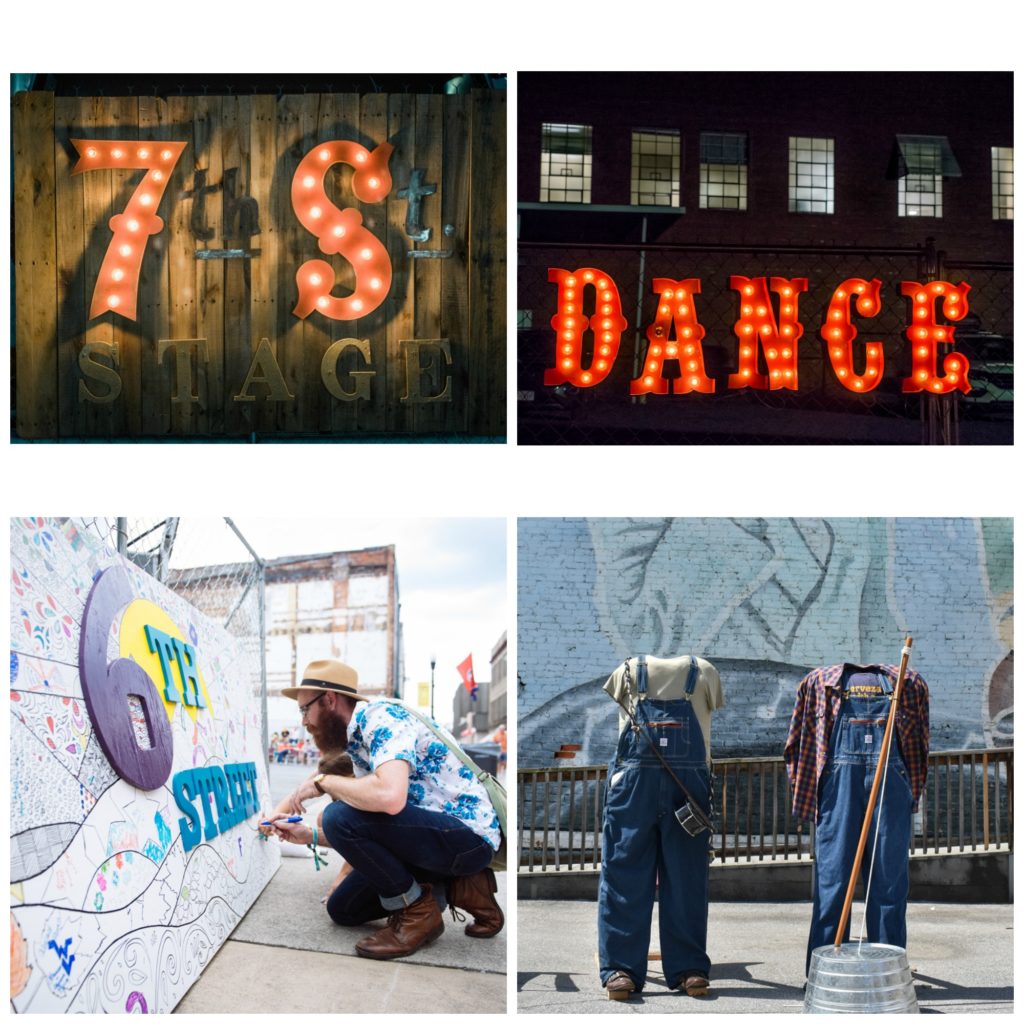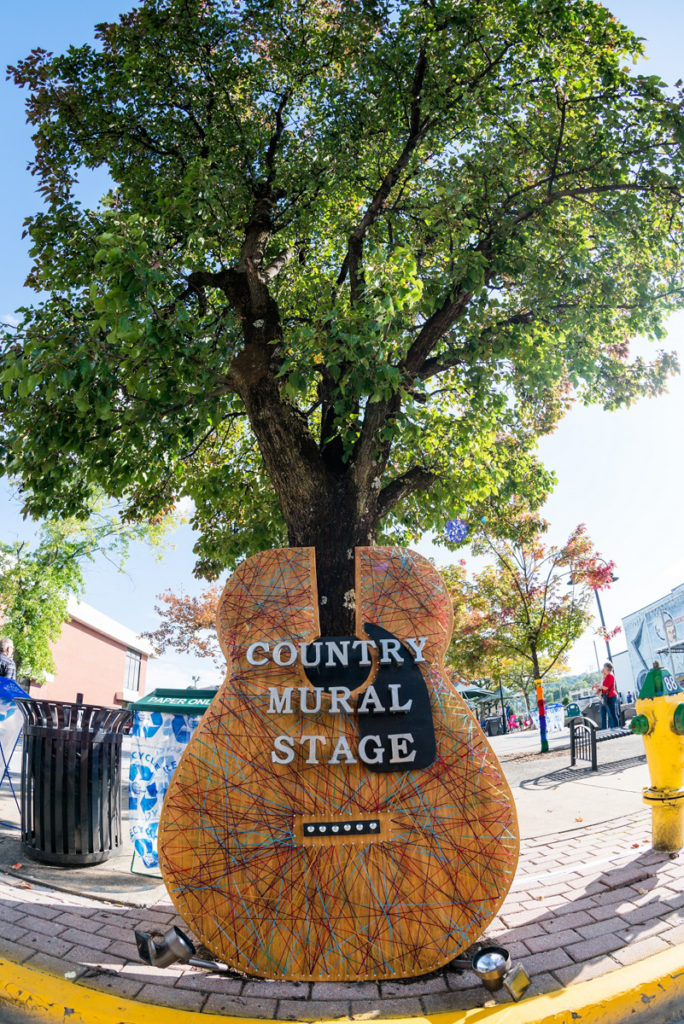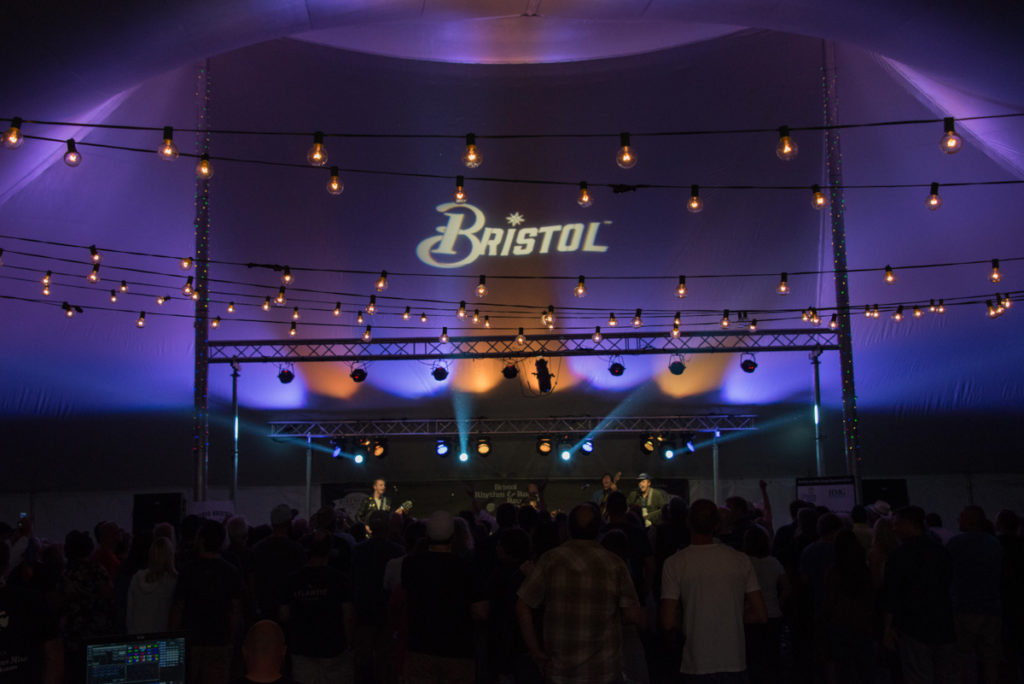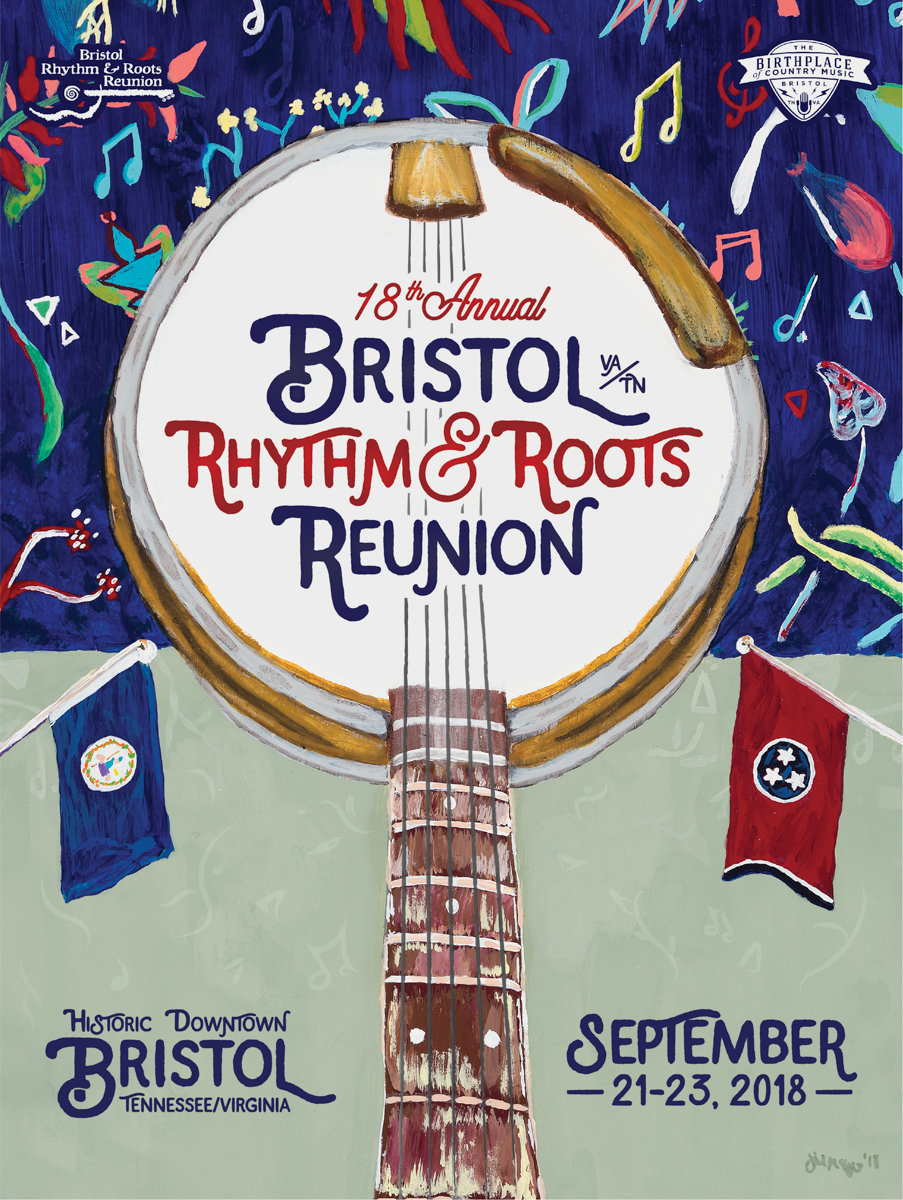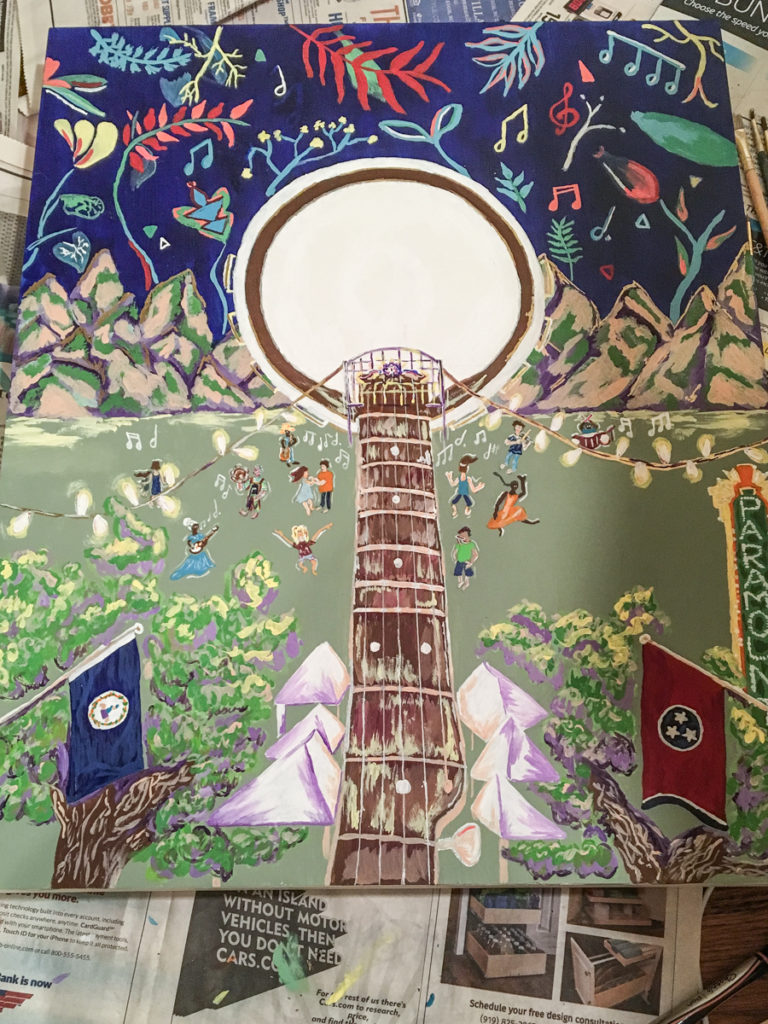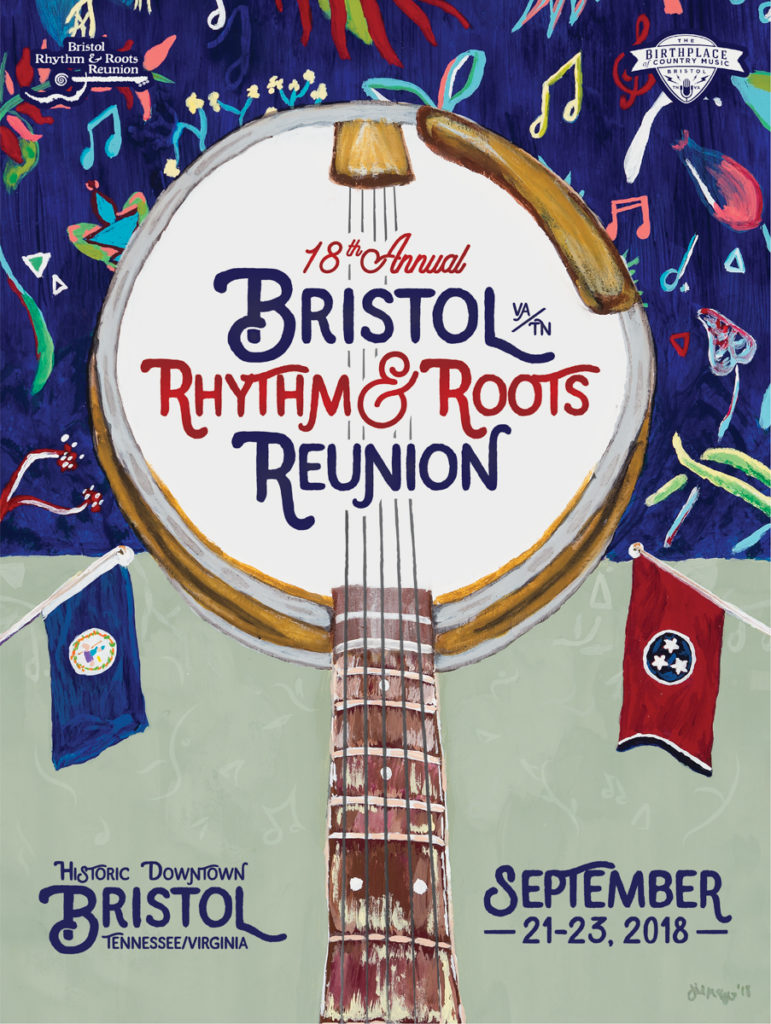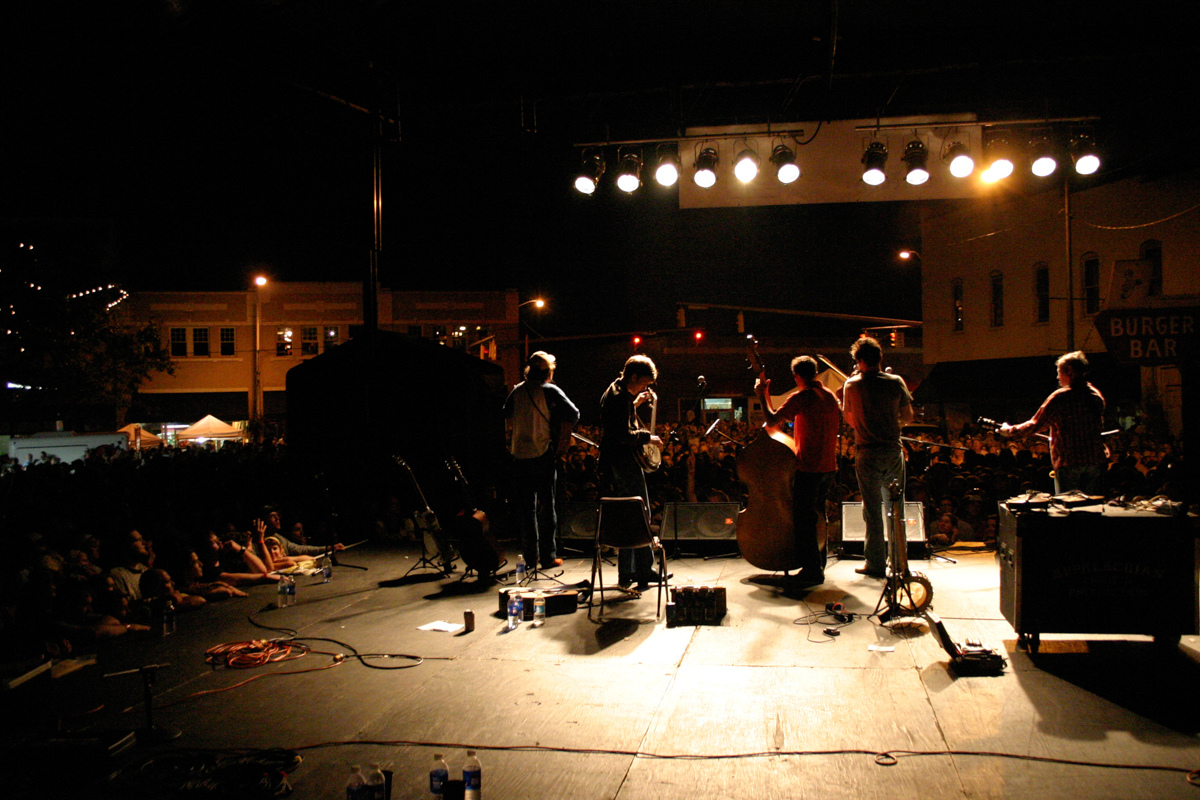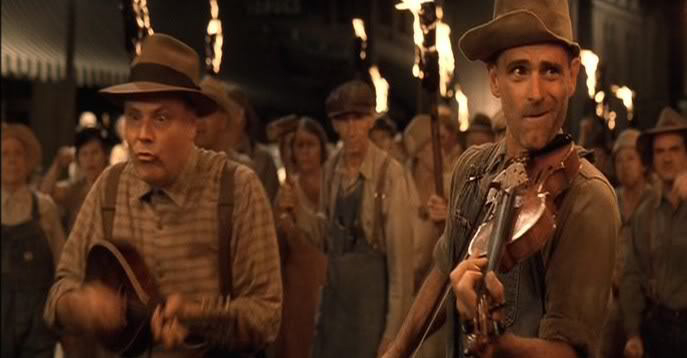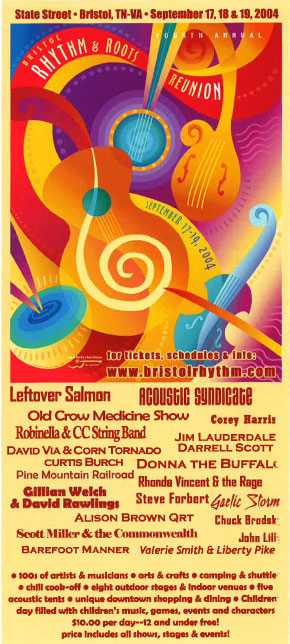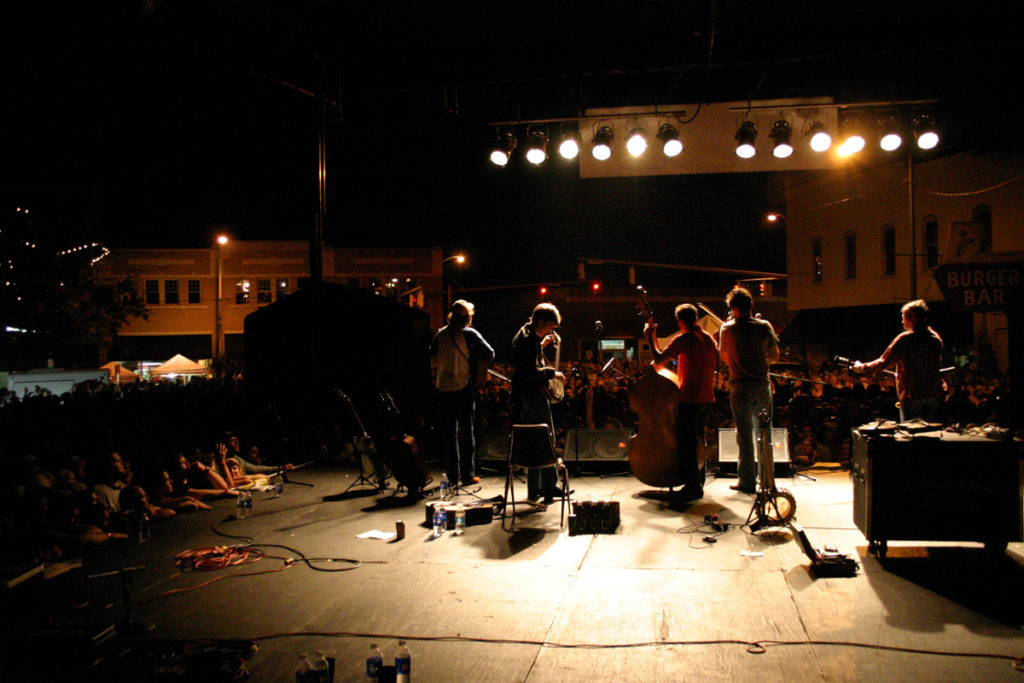I’m just going to say it.
I loathe derogatory representations of people from the south in the media. Though not as prevalent today as it once was, I despise the backward caricatures made up to represent us. Insults like “hillbilly” and “redneck” really tick me off. And you can find all sorts of examples of this type of characterization in movies, television, and books – for instance, the Oscar-nominated Deliverance brought some of those stereotypes into play, such as through the main characters’ perceptions of the people they encountered towards the beginning of the movie.
https://www.youtube.com/watch?v=myhnAZFR1po&feature=youtu.be
Let me be clear that my stance is not a lesson in political correctness, and I’m not writing this out of anger or resentment. My purpose with this blog post is to encourage folks from this area not to let those derogatory images and statements define them or make them ashamed of where they are from. We’re pretty great, and we live in one of most beautiful places in the world – and we all need to be reminded of that sometimes.
And, or course, the term “hillbilly” has ties to the musical heritage of this region too. The connection comes from a story told about a recording made by producer Ralph Peer on January 15, 1925 when he worked for the OKeh record label. At this first recording session for a quartet made up of Joe Hopkins, Al Hopkins, Tony Alderman, and John Rector, Peer asked the quartet for the name of their band. Al Hopkins’ immortal words were: “Call us anything you want. We’re nothing but a bunch of hillbillies from North Carolina and Virginia anyway!” Peer instructed OKeh’s secretary to write Hill Billies in the ledger. While the event surrounding the naming of the band was somewhat circumstantial, and it could be argued that the naming was a throw-away jibe or a stereotypical afterthought, the genesis of the term “hillbilly” in music can be linked to this moment.
The people of Appalachia are bred from a long line of strong people who knew how to survive. Our ancestors did back-breaking work in the fields, in the mines, and in the home for generations. If they didn’t grow it, they didn’t eat. If they couldn’t sew, they had no warmth. If they couldn’t chop down a tree and build it, they had no shelter. And when times got really tough, as I imagine they often were, southerners turned to their faith, and to their family and friends, and took care of each other. If that’s what you call a hillbilly, then I’m proud to be one.
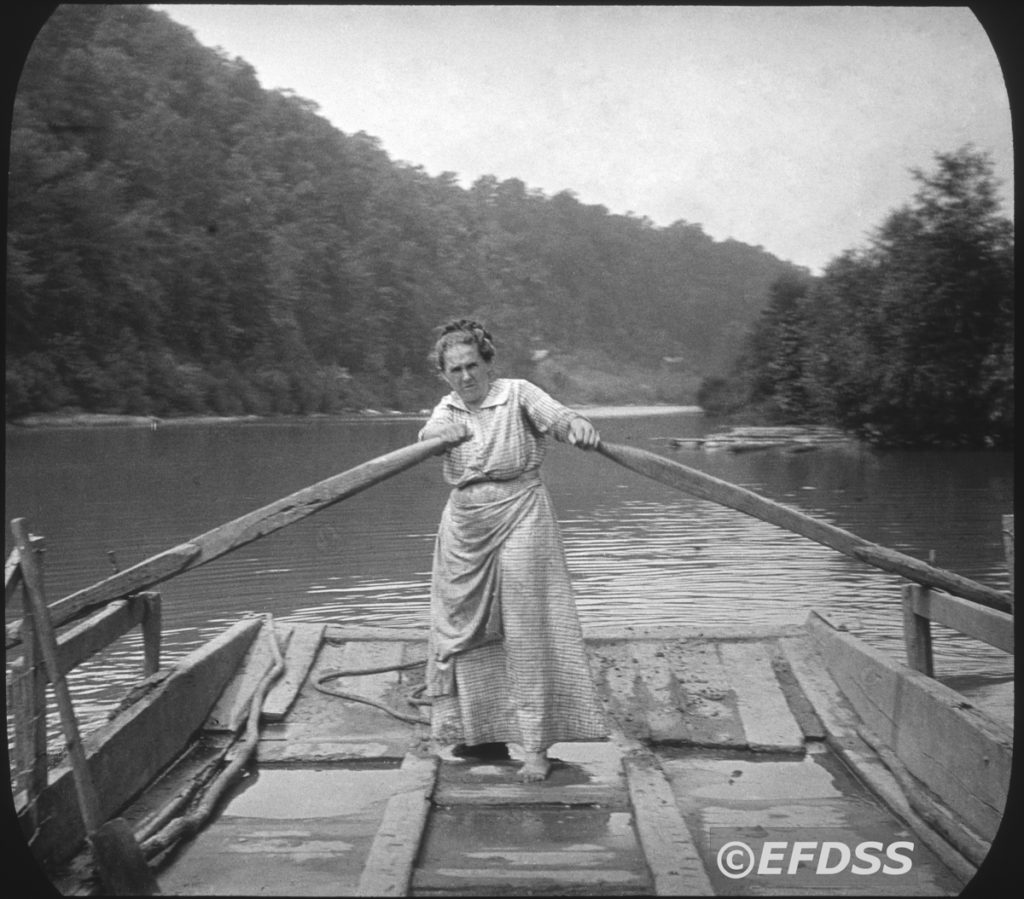
With all that in mind and thinking about the rich culture, history, and beauty of this region, I’m embracing the word “hillbilly” and challenging y’all to embrace it, too. In fact, one of the reasons I love Bristol Rhythm & Roots Reunion so much is because it changed my perspective of who I was and where I was from in such a positive way that I’m compelled to share this story in hopes that it makes someone else look at life a little bit differently, just like it did with me.
Shame on me, but as a naive, self-conscious teenager in the 1980s, I resented the hillbilly stereotype so much that I wanted to be as far removed from it as possible and rejected practically everything from southern culture. All I wanted was to get out. After all, the 1980s were all about Dynasty, Reaganomics, BMWs, and big shoulder pads – really important stuff, right? The world outside glittered with bigger and (seemingly) better possibilities – especially exemplified by Robin Leach’s Lifestyles of the Rich and Famous, the Instagram of the 1980s.
https://www.youtube.com/watch?v=C4N9OA6MYYM&feature=youtu.be
So I traveled, thinking I’d move to some big city and then my life could really begin. I went to New York, Chicago, Philadelphia, Las Vegas – and I loved them all for a variety of reasons. But, of all the sparkly and wonderful things those places have to offer, there was nothing like coming home to the mountains of Northeast Tennessee and Southwest Virginia.
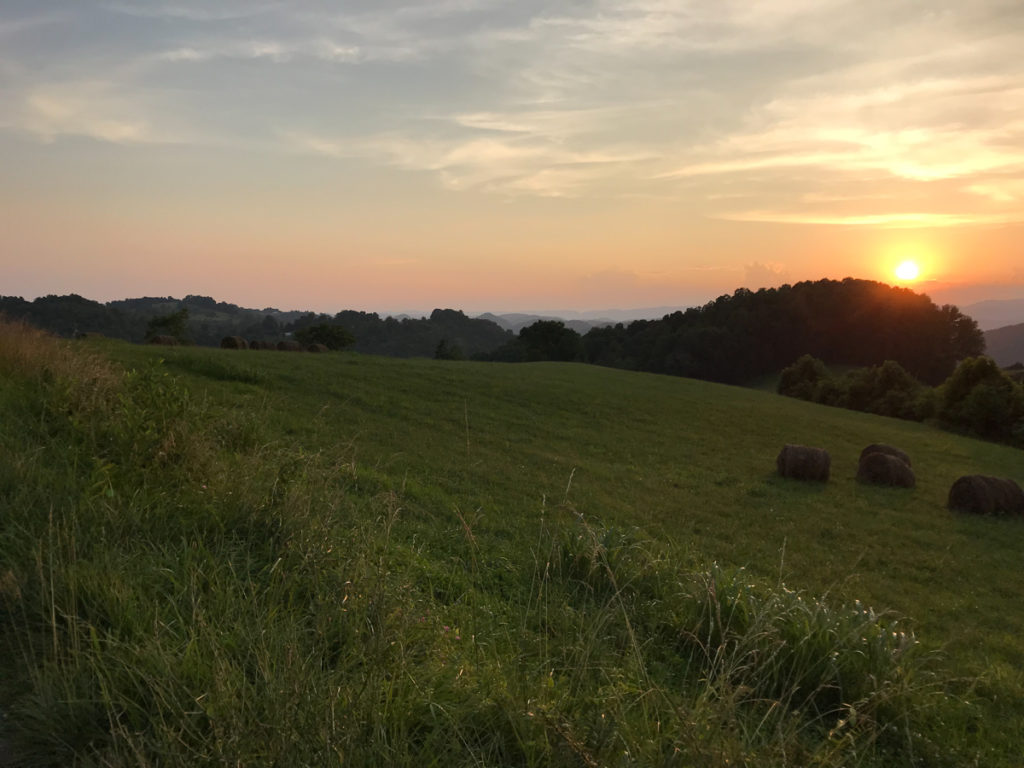
And then, of course, as I said before, Bristol Rhythm & Roots Reunion changed everything for me.
At some point in adulthood I became active in my community. I adapted the motto, “If you’re not part of the solution, you’re part of the problem.” I met a lot of like-minded folks who were working to rebuild our downtown and give Bristol back its identity. A city’s downtown is its very essence and defines a community. When people are proud of their communities, they are more likely to be engaged and work to make it a better place to live. One of my first connections to community-building came with Bristol Rhythm & Roots Reunion, and this festival has given me, and so many others, a level of pride in this area that no shopping mall or chain restaurant could ever deliver.
Bristol Rhythm is also a microcosm of all the creativity, tradition, and skill that has been passed down to us over the generations. A walk down a street of vendors reveals the true artistry of our Appalachian friends and neighbors, evident in every square inch of a colorful, hand-sewn quilt and recognized in the smoothly sanded lines of an elegantly crafted instrument. And a meal in one of our downtown restaurants imparts the quintessential southern kitchen where friends and families come together for gatherings that feed the body and the soul.
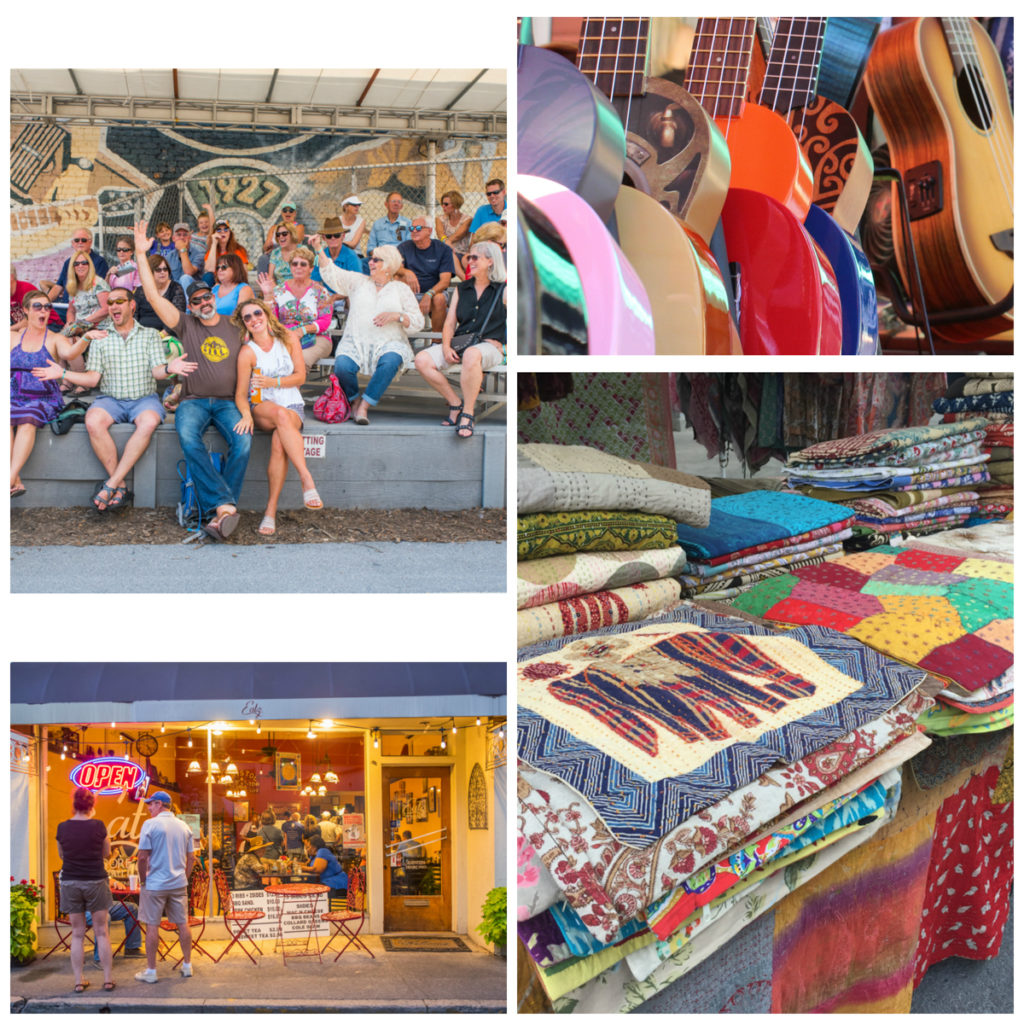
And then there’s the music. Even if bluegrass or old time isn’t your thing, one can’t help but marvel at the level of accomplishment and prowess involved in playing a traditional instrument well. You really must see it live to truly appreciate it. Some of the greatest musicians of all time studied hillbilly music in an effort to up their game. Don’t believe me? Stop by the Birthplace of Country Music Museum to learn more about the wider story and be sure to check out the Immersion Theater experience where you’ll hear artists talking about the influence of this music on their own. Or come to the festival this year and see Béla Fleck and Abigail Washburn, Doyle Lawson, Molly Tuttle, Sierra Hull – amazing instrumentalists with mind-blowing talent and dexterity beyond imagination. Troy Grady’s video of Molly Tuttle – only 25 and the first woman to win the International Bluegrass Music Association’s Guitar Player of the Year Award – highlights what that great music sounds and feels like. The influence of our Appalachian music heritage continues to inspire musicians like Molly all over the globe, and it’s a beautiful thing.
And I encourage you to really listen to southern lyricists like Ed Snodderly or Scott Miller, songwriters who continue to take the trials and tribulations of the southern experience and turn them into poignant novellas that resonate with both satire and sentiment. Their talents are truly a gift, and we have so many artists like these two at Bristol Rhythm & Roots Reunion just waiting to be encountered by music lovers.
Okay, so maybe Bristol Rhythm & Roots Reunion won’t change negative southern stereotypes on a global scale, but it did change the way I saw myself and our region. I also feel strongly that it’s a good start to changing the way young people feel about their own Appalachian heritage if they are judging themselves and their communities based on an outsider’s view of this region.
I hope Bristol Rhythm serves as a source of pride and inspiration to them, as it does for me, so they will carry on the traditions that make our region truly unique and special. Further, my wish is for anyone reading this to feel empowered and inspired to believe in Bristol, or in their own hometowns, so that they make positive change happen where they live for a sustainable future – one that doesn’t rely on people from the outside coming in and homogenizing their neighborhoods.
So own it, claim it, shout it loud and be proud! Be the “Hillbilly Superstar” you were intended to be! After all, being unique means we are meant for the spotlight, otherwise everything awesome that we and our ancestors worked so hard for will eventually disappear. We can’t let that happen because, Bristol truly is a really, really good place to live. And being from Bristol – and celebrating Bristol at the festival each year – is awesome!
